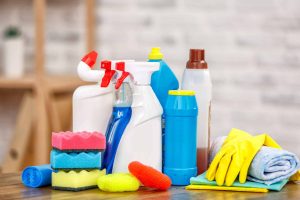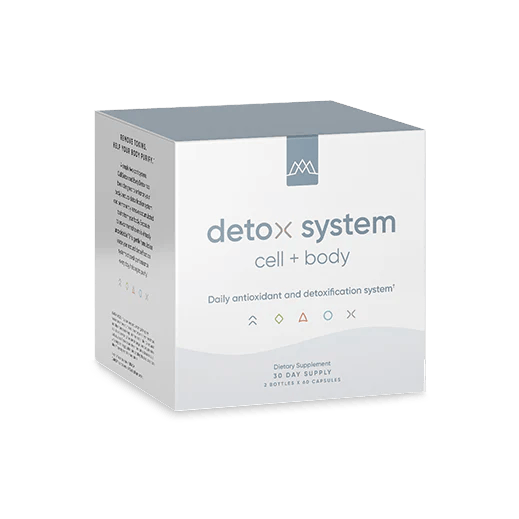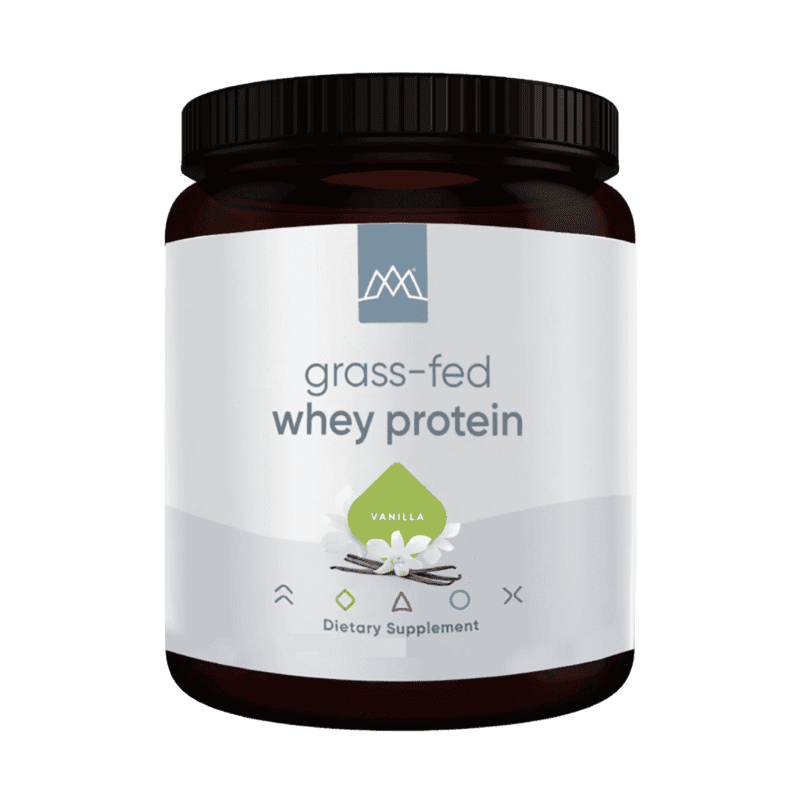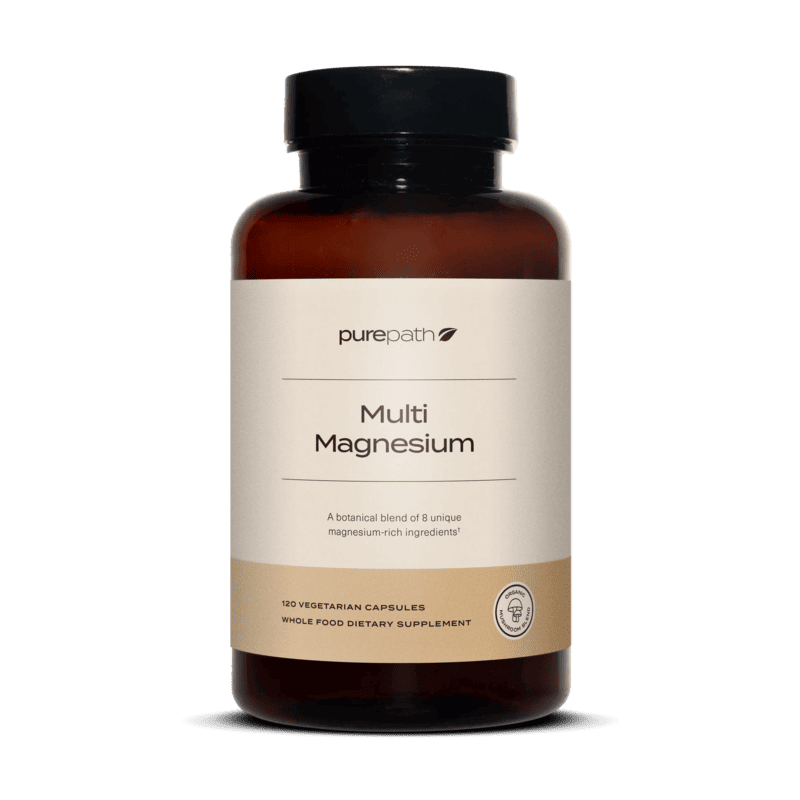Exposure to Toxic Chemicals is Pervasive
- Endocrine Disruptors
- Toxic Cosmetics and Beauty Products
- Toxic Homes
- Diseases Related to Toxins
- 5 Ways to Reduce the Impact of Toxins on Your Health
There are over 80,000 chemicals currently used in America. Very few have been tested for their potential to damage your health. These chemicals are everywhere: In food, household cleaners, toys, furniture, and many other things you’re exposed to daily.
Their impact becomes especially strong on your endocrine system. These 8 glands include your:
- Hypothalamus
- Pineal gland
- Pituitary gland
- Thyroid
- Parathyroid
- Thymus
- Adrenal
- Pancreas
These endocrine glands make hormones or chemical messengers, like the important insulin and cortisol, to ensure your body performs the many functions it requires to survive and thrive.
Growth and development, homeostasis or balance within the body, metabolism, reproduction, and your body’s response to stress or injury are all functions that your endocrine system manages.
Endocrine Disruptors
Trouble results when something gets in the way of or disrupts your endocrine system. Chief among them are the many chemicals, appropriately called endocrine disruptors. They can adversely impact development, reproduction, immunity, and nervous system function. These disruptors can also increase your risk for certain diseases including cancer.
Endocrine disruptors encompass a wide range of natural and man-made substances, including:
- Pharmaceuticals
- Dioxin and dioxin-like compounds
- Polychlorinated biphenyls (PCBs)
- DDT and other pesticides
- Plasticizers including bisphenol A (BPA)
Endocrine disruptors can be found in plastic bottles, metal food cans, detergents, food, toys, cosmetics, and so much more. Even though your body has natural detoxification pathways to manage these endocrine disruptors, the massive toll that environmental toxins create can overwhelm your liver and other systems.
Endocrine disruptors cause trouble in many ways. They can:
- Mimic hormones including estrogens to overly stimulate those hormones.
- Block hormones from working optimally.
- Interfere with how your body makes hormones.
In other words, endocrine disruptors can turn on, shut off, or modify signals that hormones perform. Many studies focus on estrogenic activity — how toxins interfere with estrogen, collectively called xenoestrogens. But chemicals can also interfere with testosterone, progesterone, thyroid, and many other hormones.
You can’t avoid these toxins: Some of them including PCBs are ubiquitous and slow to degrade. Even low-dose exposure to chemicals including BPA can create a significant impact on your endocrine system.
Toxic Pesticides

Consider the food you eat. While vegetables and fruits are healthy, the pesticides in fruits and vegetables can create subtle health risks. The USDA found 230 different pesticides and pesticide breakdown products within the thousands of produce samples they analyzed.
These pesticide residues can remain even when you carefully wash or peel conventional produce. In fact, the Environmental Working Group (EWG) found that nearly 70 percent of conventionally grown produce had pesticide residues. They found strawberries, for instance, carried 20 different pesticides.
The Environmental Protection Agency (EPA) tightened the regulation of pesticides several decades ago to eliminate highly toxic insecticides that can impact the brain and nervous system.
While many were banned, other pesticides are still applied to certain crops today. Children and pregnant women are especially at risk for the damage these pesticides can potentially create.
Toxic Cosmetics and Beauty Products
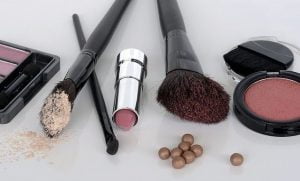 Or consider the cosmetics you use daily. One study of over 2,300 people found the average adult uses 9 personal care products daily, with 126 unique chemical ingredients.
Or consider the cosmetics you use daily. One study of over 2,300 people found the average adult uses 9 personal care products daily, with 126 unique chemical ingredients.
Phthalates, which make plastic more flexible, are one of those ingredients. These hormonal disruptors are in many cosmetics, including deodorants, hair spray, and nail polishes. Some of the ways phthalates damage health include:
- Reduce female fertility
- Can cause premature breast development in young women
- Affect fetal development
- Alter testosterone in boys
- Lower sperm counts in men
One study that reviewed 72 cosmetic products found 52 of them contained phthalates even though none said “phthalates” on the label.
Major loopholes in federal law allow the $20-billion-a-year cosmetics industry to use phthalates in many personal care products without labeling, testing, or monitoring the health impact of these chemicals.
Toxic Homes
Even your home can expose you to toxins, such as lead and pesticides, which can create problems including brain and central nervous system damage, behavior problems, asthma, and cancer.
Items you might use regularly — such as nonstick cookware — can expose you to perfluorinated (PFCs) chemicals that can accumulate in the body.
Diseases Related to Toxins
All of these things, which lurk nearly everywhere, have a cumulative effect on your endocrine system. These tiny, near-constant daily assaults accumulate and take their toll on your health.
Eventually, these endocrine disruptors can create disease. The most common endocrine disease is diabetes. Others include hypothyroidism, thyroid cancer, and metabolic disorders.
Endocrine-disrupting chemicals can also interfere with your metabolism and satiety hormones, including leptin and ghrelin, contributing to obesity. While multiple factors, like your diet, are also triggers, scientists believe exposure to these chemicals (especially early in life) can also contribute to obesity.
Scientists have even coined the word obesogens to describe the vicious spiral of increasing obesity that often becomes a risk factor for so many diseases including cancer.
These chemicals can also increase insulin resistance as well as your risk for heart disease, cancer, and other diseases.
5 Ways to Reduce the Impact of Toxins on Your Health
Endocrine disruptors are ubiquitous. No matter how healthy you are, they can impact how your body functions. Your weight, energy levels, sex drive, mental focus, and disease risk all take a hit.
People with higher levels of toxicity might require working with a healthcare practitioner to incorporate a comprehensive detoxification program that targets their specific condition.
At the same time, some simple strategies can help you minimize this toxic exposure and its impact on your endocrine system.
 1. Eat clean.
1. Eat clean.
We encourage finding the healthiest, most nutrient-dense foods on our Core and Advanced Plans. That includes clean animal foods, such as wild-caught fish and grass-fed beef. Choose organic fruits and vegetables whenever possible. Besides providing more nutrients overall, organic foods are lower in pesticides. Eating organic isn’t always possible because of availability or your budget. In those cases, you’ll want to choose the least pesticide-ridden foods. Use the EWG’s Shopper’s Guide to Pesticides in Produce™ here. This helpful guide lists the Dirty Dozen™ fruits and vegetables with the most pesticide residues and the Clean Fifteen™ or least-contaminated fruits and vegetables.
2. Wash your hands frequently.
While this sounds like common sense, we often neglect to wash our hands before meals and other times. Doing so consistently can remove a substantial amount of chemical residue. Wash thoroughly and avoid antibacterial soaps or those with fragrances, they may contain parabens.
3. Become more mindful about the products you use daily.
Pay closer attention to the many products you use regularly, including cosmetics and household cleaners. The EWG provides some helpful guides about beauty products (Skin Deep®) and cleaning products (Guide to Healthy Cleaning) that can help you become more aware of the potential endocrine disruptors in everyday products. You’ll find natural alternatives for many cleaning products in this guide.
4. Drink clean filtered water.
Tap water can residues of hormone disruptors including birth control pills, contributing to your toxic burden. Bottled water presents its own problems because BPA and other chemicals from the plastic can seep into the water. Instead, opt for filtered water using a high-quality water filter. Purchase a BPA-free stainless steel water bottle and keep it filled regularly.
5. Take the right nutrients.
Our Core and Advanced Plans provide an excellent foundation to provide the nutrients your body requires to detoxify. For additional detoxification support, talk with your healthcare practitioner about these and other supplements:
- N-acetyl-cysteine. This powerful free radical scavenger can help your body detoxify while boosting glutathione, your body’s primary antioxidant.
- Magnesium. This mineral plays a role in over 300 enzyme systems. Magnesium can also improve glutathione synthesis.
- Grass-fed whey protein. This easy-to-use powder provides the precursors to build glutathione that can help your body optimally detoxify.
- For those with more advanced toxic exposure, work with your healthcare practitioner using the MaxLiving Detox System.
Environmental toxins can create a dramatic impact on your endocrine system and overall health, and limit your hormones from functioning properly. Utilizing these ways to reduce your exposure to them and minimize their impact can dramatically improve the function of your endocrine system and overall health.
Please discuss with your healthcare practitioner about specific strategies to address exposure to toxins and detoxification. Never modify any medications or other medical advice without your healthcare practitioner’s consent.
